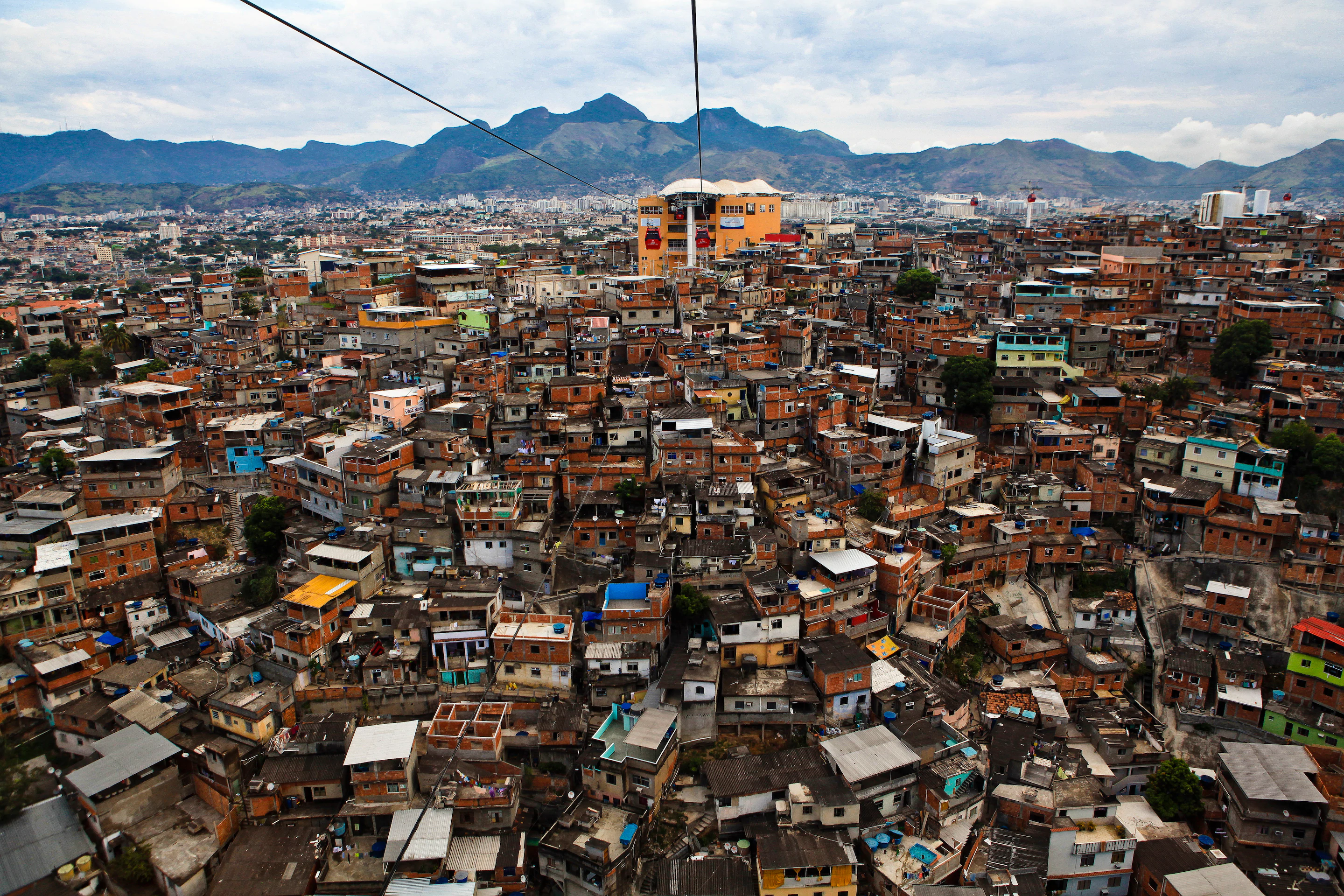RIO DE JANEIRO, BRAZIL – The economic toll of the coronavirus pandemic has hit especially hard in Brazil’s favelas, but the country’s 10 biggest favela communities now have a plan to fight back: they are launching their own bank.
Dubbed the “G10 Bank,” the new financial institution is set to open later this month, offering micro-loans to small business owners struggling to survive the pandemic, and debit cards to favela dwellers excluded from the traditional banking system.
Brazil has the second-highest death toll worldwide in the pandemic, after the United States, with more than 225,000 people killed. The impact has been especially devastating in the favelas, the crowded jumbles of shacks that are the postcard of poverty in Brazil.
Not only have the poor suffered more from Covid-19 in health terms, they have also borne the brunt of the economic impact. Most favela residents work in the informal sector — jobs such as childcare and housekeeping that disappeared when stay-at-home measures took effect, sending the unemployment rate to a record 14.6 percent last September.
President Bolsonaro’s government had been providing emergency benefit payments of R$600 (about US$120) a month — later halved to R$300 — to those most affected by the pandemic, but it halted the program at the end of 2020, saying it was too expensive.
That left many Brazilians struggling to make ends meet. And banks or credit cards are usually not an option. Traditional loans are a nearly impossible dream for households and businesses located in favelas.
Around 45 million Brazilians do not even have a bank account, according to a 2019 study by the Locomotiva institute. That is around one in three adults in the country. The G10 Bank aims to fill that gap. For many in the favelas, it could not arrive at a more urgent time
One soon-to-be client is Bistro Mains de Marie, a community restaurant in Paraisópolis, the second-largest favela in Sao Paulo, with more than 100,000 residents. Launched in 2018, the restaurant has been giving out free meals to people who lost their income because of the pandemic.


